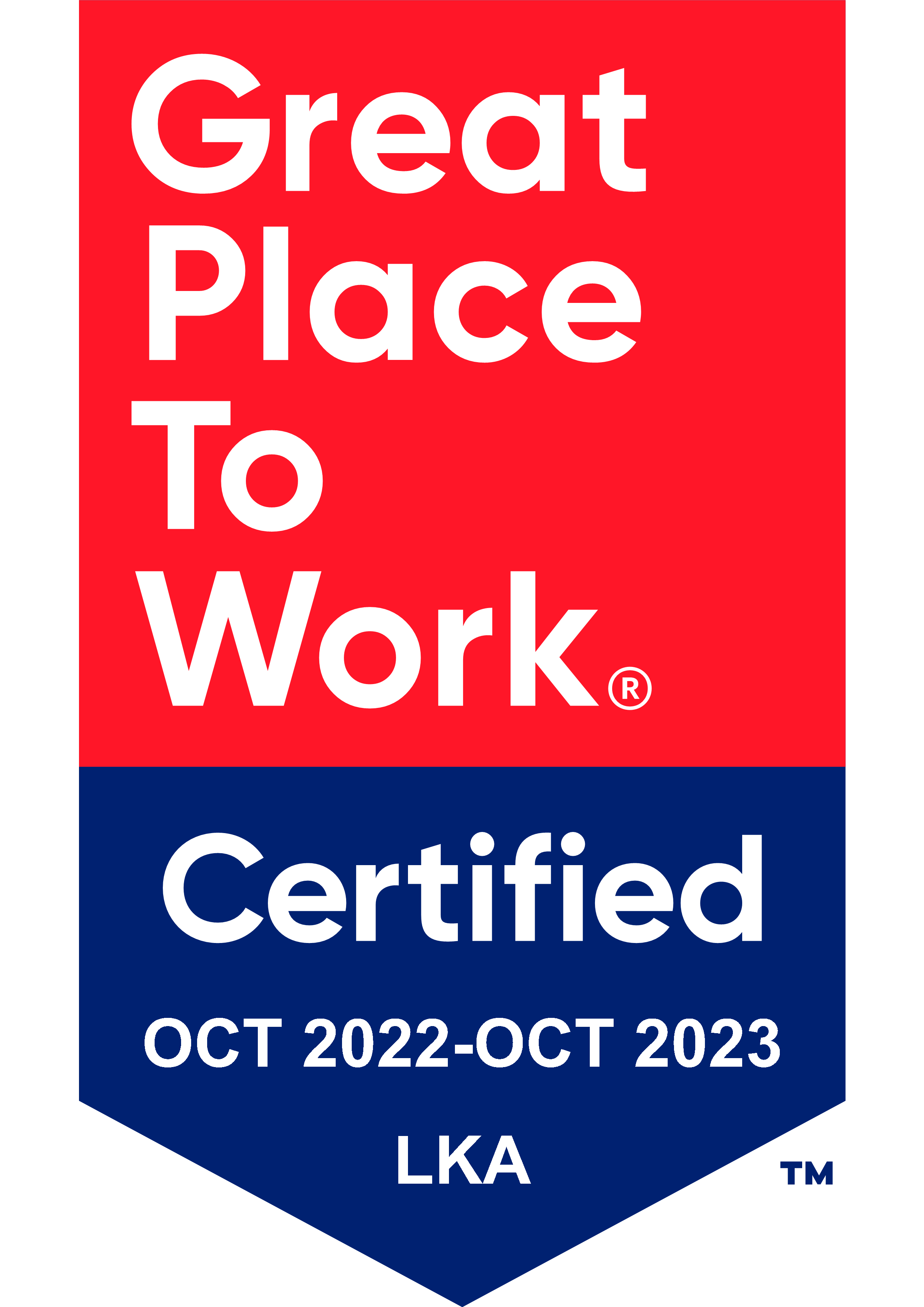What is RPA (Robotic Process Automation)?
Robotic process automation (RPA) is a software technology that makes it easier to build, deploy, and manage software robots that emulate human actions in interaction with digital systems and software. Just like humans, software bots can do things like understand what’s on the screen, complete the correct keystrokes, navigate systems, identify and extract data, and perform a wide variety of defined actions. But software bots can do it faster and more consistently than humans, without having to get up and stretch or take a coffee break.
What are the business benefits of RPA?
Robotic process automation streamlines workflows, making organizations more profitable, flexible and agile. It also increases employee satisfaction, engagement and productivity by removing repetitive tasks from their workdays.
RPA is non-invasive and can be quickly implemented to accelerate digital transformation. And it’s ideal for automating workflows that involve legacy systems that lack APIs, virtual desktop infrastructure (VDI) or database access.
Accelerated transformation
Among global executives, 63% say RPA is a major component in digital transformation.
Major cost savings
RPA drives rapid, significant improvement to business metrics across industries and around the world.
Greater resilience
RPA robots can ramp up quickly to match workload peaks and respond to big demand spikes.
Higher accuracy
RPA reduces manual errors.
Improved compliance
92% agree RPA has ‘met or exceeded expectations’ for better compliance.
Boosted productivity
68% of global workers believe automation will make them more productive.
More value from personnel
60% of executives agree RPA enables people to focus on more strategic work.
Happier employees
57% of executives say RPA increases employee engagement.
What RPA can do for an organization
1. Data Extraction from legacy systems that do not have API
2. Legacy System Data entering
3. Data Reconciliation across multiple systems / multiple files
4. Web Extraction and web form filling
5. Automated Employee Onboard Resource Creation
6. Workflow Approval System
7. Eliminate 100% for repetitive task of a Human
8. Document processing for example invoices, GRN’s. OCR extraction of the data from the documents to directly entering into the system
Why is RPA transformative?
RPA technology is changing the way the world gets work done.
Software robots—instead of humans—perform low-value, repetitive work such as logging into applications and systems, moving files and folders, extracting, copying and pasting data, filling out forms, and completing routine analyzes and reports. Advanced bots can even perform cognitive processes such as interpreting text, engaging in chats and conversations, understanding unstructured data, and using advanced machine learning models to make complex decisions.
When robots perform these types of repetitive, high-volume tasks, humans can focus and enjoy more on the things they do best: innovating, collaborating, creating, and interacting with customers. Businesses will also get support: higher productivity, efficiency and resilience. No wonder RPA is rewriting the story of work.
Products we use.
Microsoft Power Automate using powerful capabilities from 300 + service providers and Microsoft powered AI builder.




